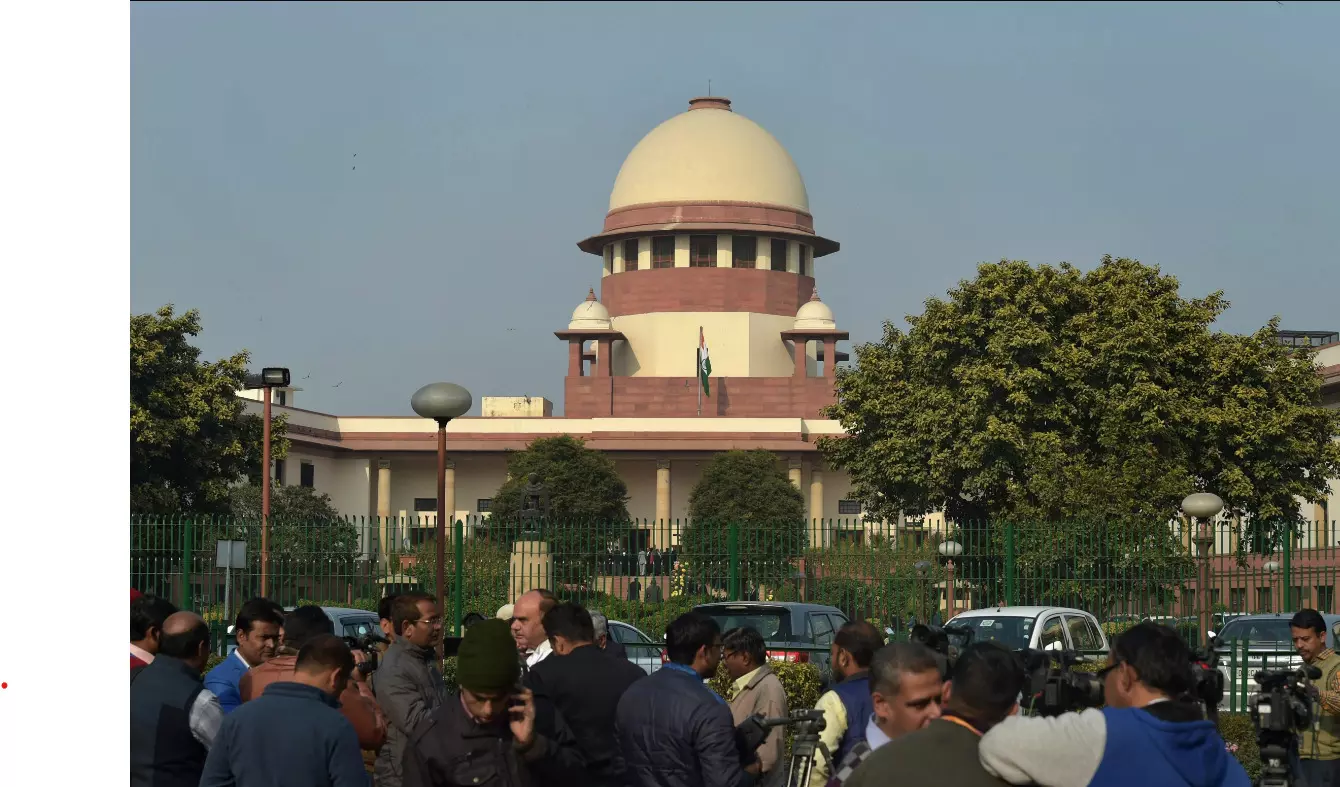Unfair machinations

A powerful Supreme Court bench comprising Chief Justice of India DY Chandrachud, and Justices JB Pardiwala and Manoj Misra did something very unprecedented on Tuesday by nullifying the Chandigarh mayoral poll results and declaring AAP’s Kuldeep Kumar as the “validly elected candidate.” The usual course would have been to quash the entire election process itself. It is pertinent to understand the forces that nudged the apex court to override the ‘usual’ and opt for the ‘unprecedented.’
The Bharatiya Janata Party, ostensibly, put its entire weight behind the annual election of the mayor in a municipal unit. In the first place, the election was postponed from January 18 to January 30 due to the “illness” of the presiding officer. Then, during the counting of the votes, as the Supreme Court found from a video evidence, the presiding officer “put his own mark for the purpose of creating a ground for treating the ballot as invalidly cast.” The SC bench found that the “officer is guilty of a serious misdemeanour in doing what he did in his role and capacity as presiding officer.”
In the meantime, the elected BJP candidate resigned and three AAP councillors switched over to the BJP — putting the saffron party in a comfortable position in case of re-election. Perhaps this might be one of the reasons that the apex court changed the result in light of the evidence before it, rather than announcing re-election, which would have been a façade of justice. The court clarified that “allowing the entire election process to be set aside would compound the destruction of the fundamental democratic principles which has taken place as a consequence of the conduct of the Presiding Officer”. Also, it would be “inappropriate to set aside the entire election process when the only infirmity is found at the stage when the counting of votes was recorded by the Presiding Officer”.
It may be noted that ahead of the elections, the AAP-INC combine was comfortably placed to seal a victory. In order to change the ground realities, the presiding officer, who belongs to the BJP, had to apparently indulge in activities that were quite visibly unfair and unethical. Thanks to the machinations of the presiding officer, the apex court was forced to invoke Article 142 of the Indian Constitution. Article 142 empowers the Supreme Court of India with unique and expansive powers to do "complete justice" in cases before it. This provision grants the court authority to pass any order or decree necessary for the purpose of enforcing or securing the enforcement of fundamental rights, or any other right conferred by any law.
It is unfortunate that what should have been a clear-cut election with minimal consequence, has been turned into a national political drama — questioning the core democratic values India is often associated with. It is very important that the errant officer is dealt with strictly, setting an example ahead of the upcoming general elections. No party or party person should be allowed to stoop to such low for petty political gains. The unforgivable act of the presiding officer is compounded by the fact that he provided false information before the SC bench. The bench directed the Registrar Judicial to issue a notice to the presiding officer, to show cause as to why steps should not be initiated against him under Section 340 of CrPC. The entire episode showcases an unethical lust for power, which should necessarily meet reprimands and rational checks.




